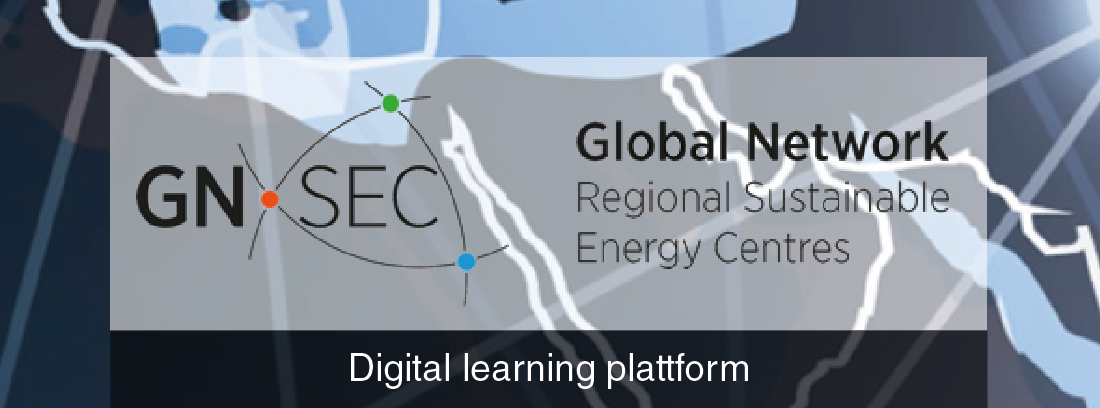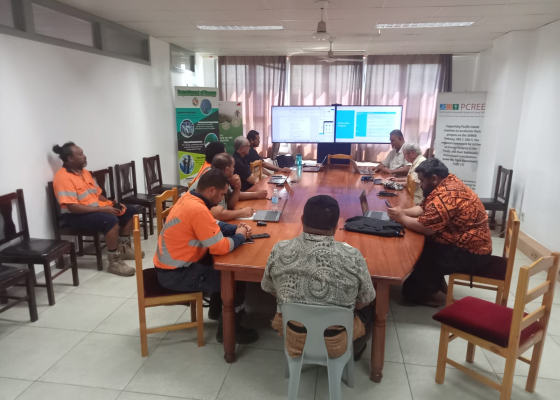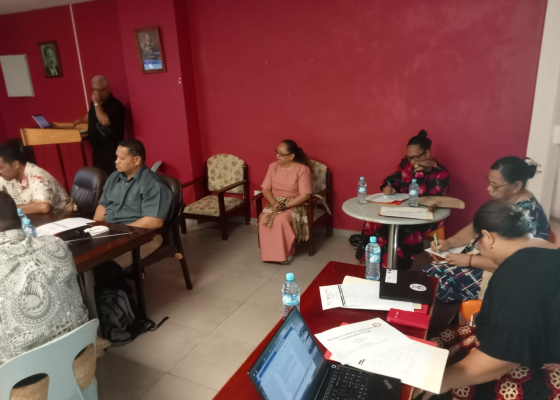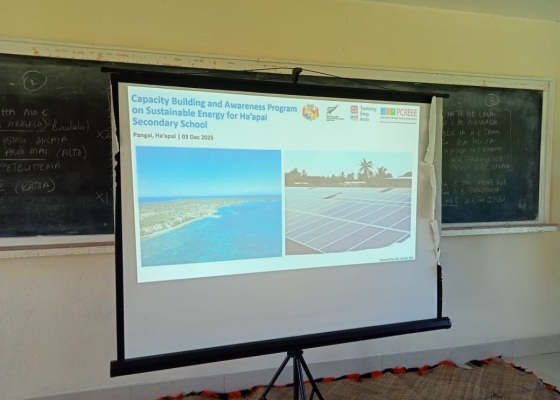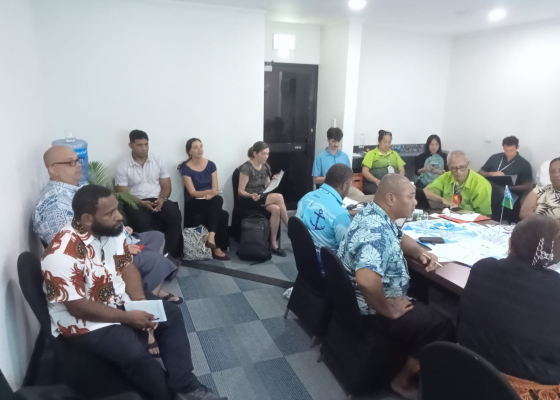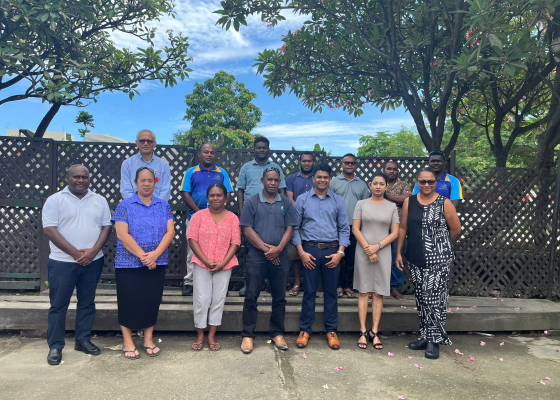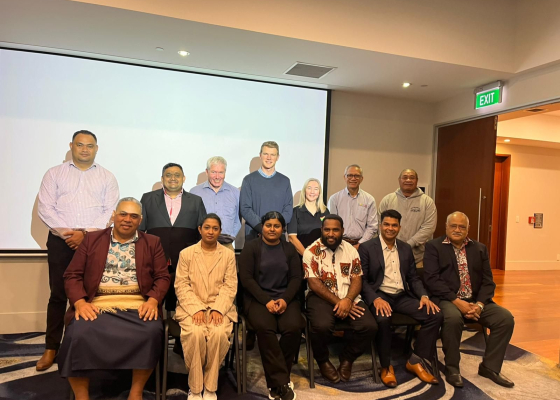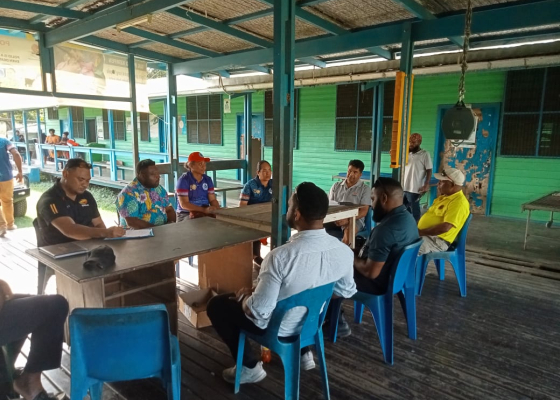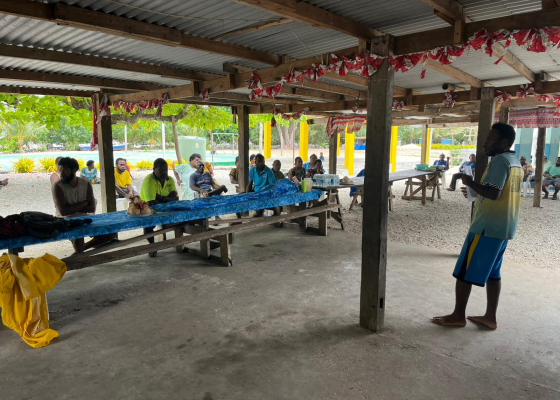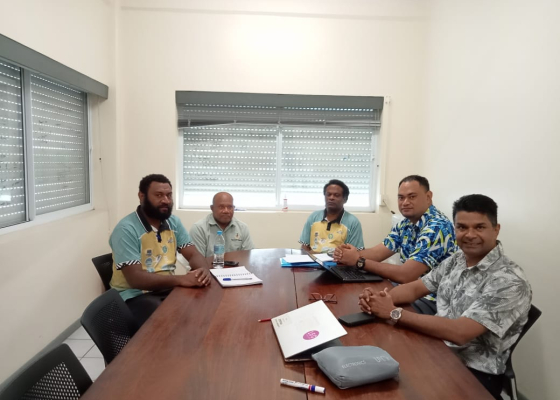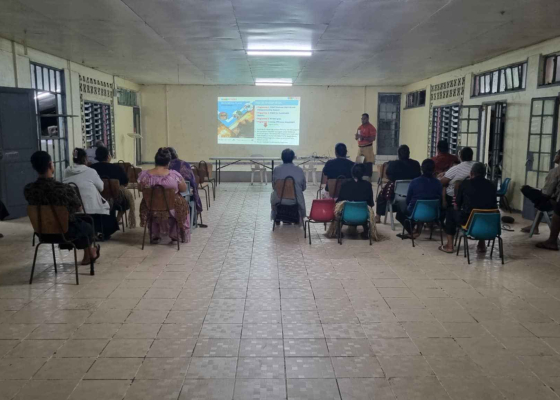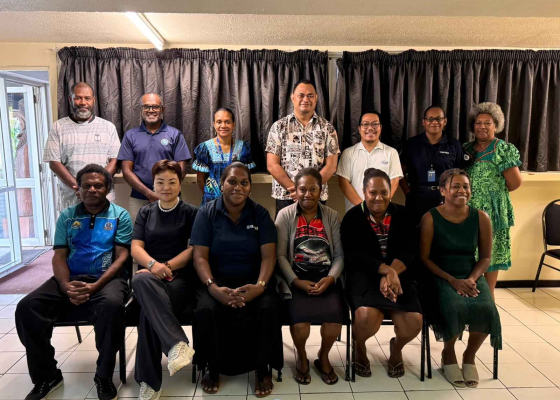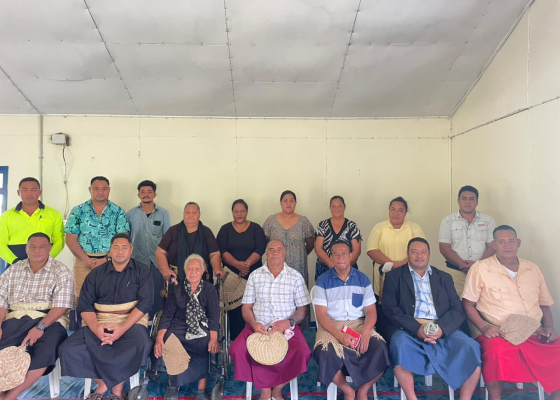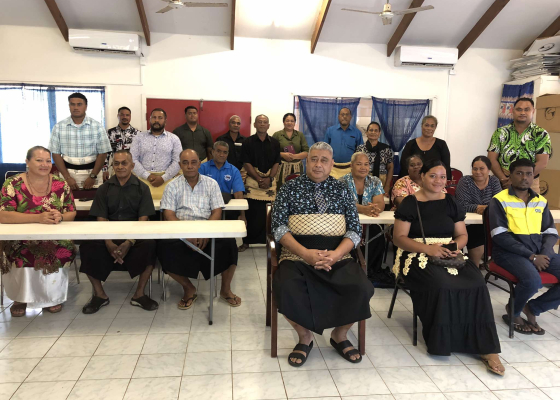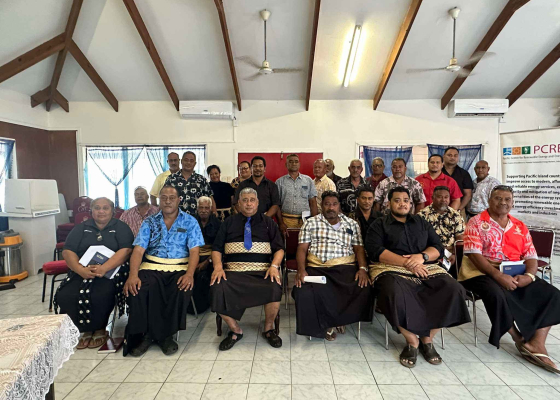Pacifc Regional Waste and Pollution Management Strategy 2016–2025
Executive summary: Cleaner Pacific 2025: Pacific Regional Waste and Pollution Management Strategy 2016–2025 is a comprehensive long-term strategy for integrated sustainable waste management and pollution prevention and control in the Pacific islands region until 2025. It provides a strategic management framework to address
waste, chemicals and pollutants that will reduce associated threats to sustainable development of the region. Priority areas for management include municipal solid waste, asbestos, electrical and electronic waste (e-waste), healthcare waste, chemicals (such as persistent organic pollutants, ozone-depleting substances and mercury), used oil and lubricants, marine litter, ship-sourced pollution, disaster waste and liquid waste (such as sewage and trade waste).
Cleaner Pacific 2025 integrates strategic actions addressing priority waste and pollution issues, and incorporates lessons learnt from the implementation of regional strategies that it replaces, specifcally: the Pacifc Regional Solid Waste Management Strategy 2010–2015 (SPREP 2010); An Asbestos-Free Pacifc: A Regional Strategy and Action Plan 2011(SPREP 2011); Pacifc E-waste: A Regional Strategy and Action Plan 2012(SPREP 2012); Pacifc Health Care Waste: A Regional Management Strategy and Action Plan 2013–2015(SPREP 2013); and the Pacifc Ocean Pollution Prevention Programme (PACPOL) 2015–2020: Strategy and Work Plans(SPREP 2015a).
Cleaner Pacific 2025 incorporates the lessons learnt from the implementation of the previous regional waste and pollution management strategies with the aim of improving implementation into the future. The key lessons learnt include the importance of evidence-based strategic planning that requires the investment in the development of data at country and regional scales in order to support clear defnitions of strategic long-term goals, articulation of practical strategies and actions to progress towards these goals, and establishment of clear and measurable targets to monitor progress; the importance of a robust and flexible strategy that can be adapted to emerging priorities and take advantage of new (unexpected) funding opportunities and donor interest; the challenges of Pacifc island countries and territories’ capacity to implement waste, chemicals and
pollutants programmes, which require that development and implementation of specifc programmes of action be accompanied by in-country human resource support to enhance implementation success; the relevance of the technical cooperation approach, which is a learn-by-doing approach that develops the technical capacity of Pacifc Islanders, engenders pride in accomplishments, and, if replicated suffciently, may ultimately lead to a degree of self-suffciency; the importance of regional coordination to reduce duplication and wastage of resources; the effectiveness of national and sub-regional training approaches that are potentially more cost-effective than regional training activities and allow for customised instruction suited to the local situation; and the importance of sustainable funding and ongoing support mechanisms that are integrated into waste,
chemicals and pollution management programmes.
Upcoming Events
-
03/10/2026
-
03/10/2026
-
03/13/2026
-
03/25/2026 to 03/26/2026
-
03/26/2026 to 03/27/2026






